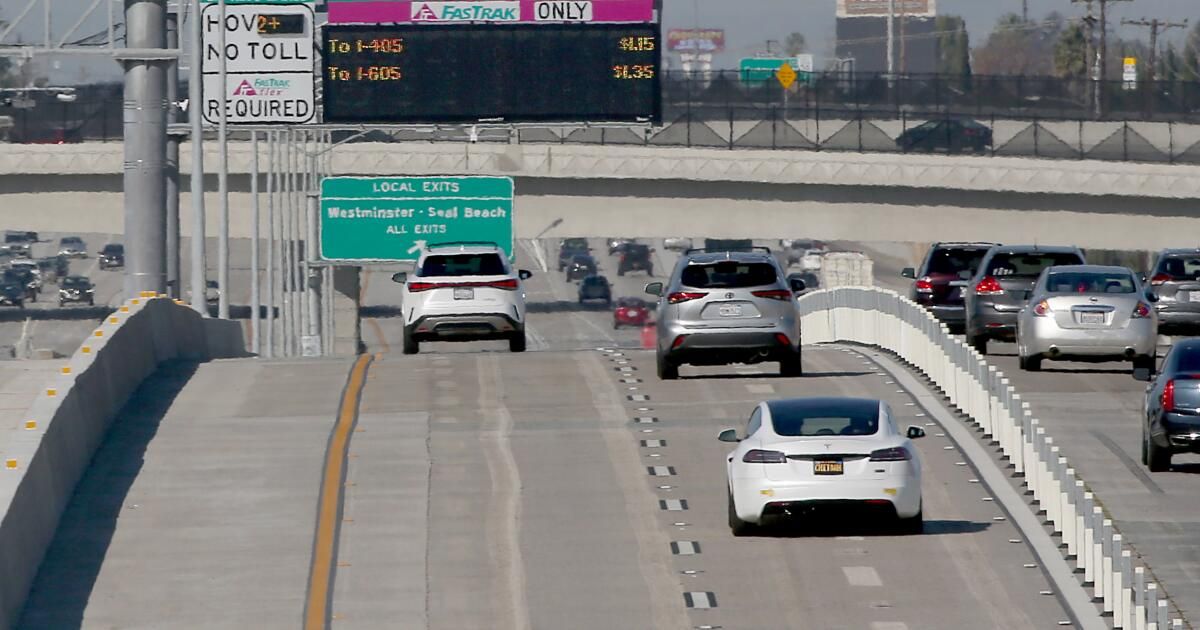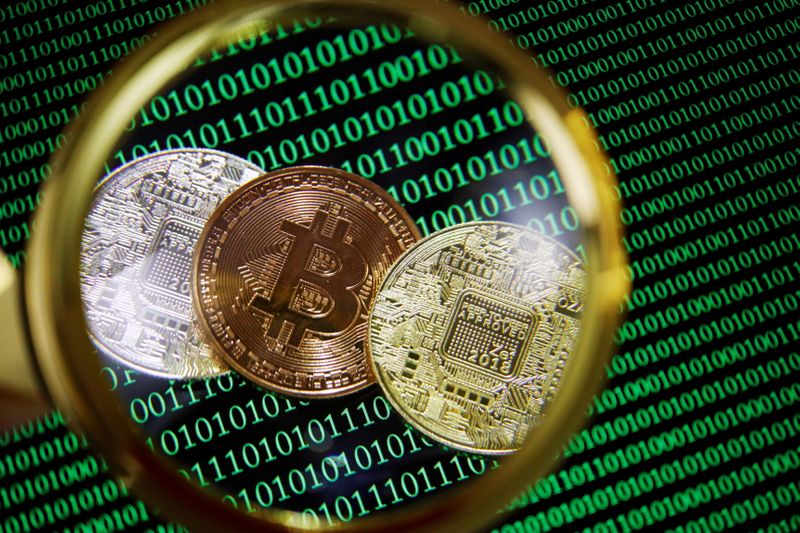A phishing text message warning of a legal threat and financial penalties has been affecting users and even non-drivers of Metro ExpressLanes in Los Angeles County.
The spam has sparked a flood of complaints from Metro ExpressLanes users, who have been calling the Los Angeles County Metropolitan Transportation Authority seeking verification and advice, Metro officials said.
Metro officials said they posted a warning about the fraudulent text messages on their homepage as soon as they learned about the scam.
“The ExpressLanes system has not been hacked and no customer information has been compromised.” the message said.
Metro ExpressLanes are restricted lanes on the 10 and 110 freeways that drivers can use to pass traffic in the regular lanes. Users pay tolls that are based on dynamic prices that adjust according to the level of traffic. Tolls are collected through a FaTrak transponder mounted on the vehicle's dashboard.
Metro could not confirm how many messages were sent, the number of complaints they received or when they believed the messages were first sent.
“Metro ExpressLanes reminds customers that we never send text messages requesting confidential information or requesting payment,” a statement from Metro reads. “If a text message claims to be from Metro ExpressLanes about tolls or violations, do not respond to the message, do not use any links in the message, and do not use any contact information provided in the message.”
He Federal Trade Commission classifies phishing as a type of scam in which targeted users receive a communication, such as an email or text message, that appears to come from a known source, such as a company or agency.
The message asks the user to enter personal information that the scammer will use to open a bank account, for example, or cause some other financial harm to the scammed individual.
The FTC also asks consumers to avoid responding to messages.
The scam messages in question have been telling recipients to pay their FasTrak bill by a specific date to “avoid excessive late payment charges and possible legal action on the bill.”
A phishing link is provided that should not be clicked.
In several cases, the phone number from which the text message originates is several digits longer than a 10-digit US-based number.
Metro officials have said they believe scammers have targeted people across multiple area codes and have targeted both drivers and non-FasTrak users.
According to Metro, there are 25 miles of ExpressLanes along the 10 and 110 freeways. There are also 1.6 million transponders assigned to county drivers with 342.1 million trips taken this year, as of early November.
However, the FasTrak pass can be used outside of Los Angeles, such as on the 405 Freeway in Orange County, the 10 Freeway in San Bernardino County, the 15 Freeway, which runs through San Bernardino and Riverside counties, and several other express lanes.
As for scams, they have affected motorists in various areas since san francisco in March to Sonoma County in April and san diego in July.
State Attorney. General Rob Bonta issued a statement on July 1, urging Californians not to click on the link in the texts.
“Scammers are often literally in our pockets, just a text message away,” Bonta said. “Text message-based toll scams are on the rise and knowing what to look for is an important way to keep consumers safe from these tactics.”










